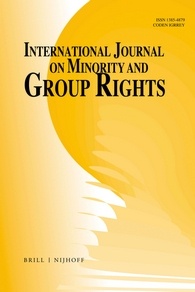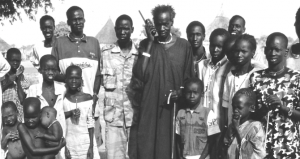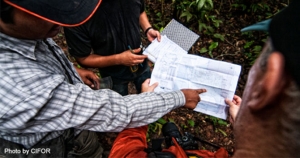 Dr Anna Macdonald introduces the Justice and Security Research Programme’s newly published Special Issue on the local realities of law and justice. Reposted from the JSRP.
Dr Anna Macdonald introduces the Justice and Security Research Programme’s newly published Special Issue on the local realities of law and justice. Reposted from the JSRP.
How people living in the world’s most difficult places – the poorest, most politically fragile and conflict-affected environments – seek redress, justice and social order is important both for them and for the world as a whole. Yet we know remarkably little about everyday, lived realities in these places. There exists a gaping information vacuum with the result that important international policies on issues such as expanding ‘access to justice’ or promoting the ‘rule of law’ are devised and implemented on the basis of norms and assumptions rather than on evidence and careful analysis.
JSRP research director Professor Tim Allen and JSRP fellow Dr Anna Macdonald have co-edited a Special Issue of the International Journal on Minority and Group Rights that showcases some important findings of JSRP research on local justice in four contexts: eastern Democratic Republic of Congo, northern Uganda, South Sudan and Timor-Leste. The special issue includes an overview article and six pieces of fine-grained ethnographic research that help us understand how justice and social order are regulated in conflict-affected places that remain either beyond the reach of institutional governance or at its margins. Cross-cutting themes addressed include gender-based violence, land disputes, vigilantism and rule-of-law reform.
Unsurprisingly much analysis of law and justice, even when the focus is on local realities, is imbued with normative agendas about what law and justice should look like, and also normatively-driven agendas about what local realities should look like. The combination of these two approaches, as suggested in our papers, results in a situation where things that are not really hidden from view are nevertheless not seen. This collection of articles addresses that tension and explores ways in which those unseen processes might be better incorporated into both analysis and policy-making.
The special issue is fully Open Access and articles can be downloaded here.
About the MSc African Development
Related Posts
   |




